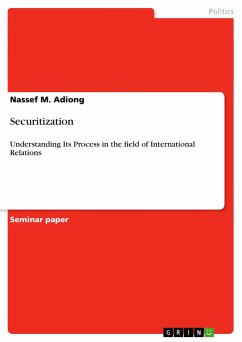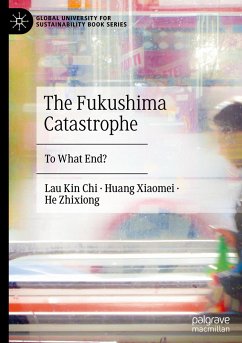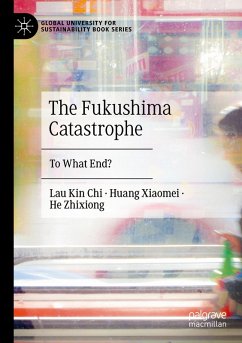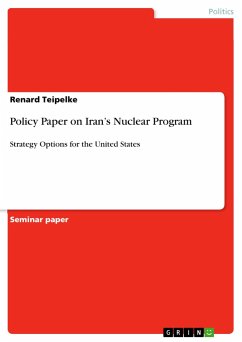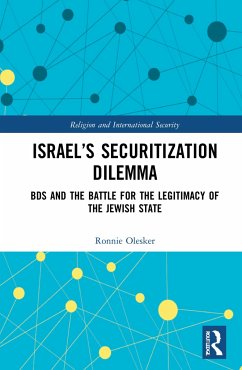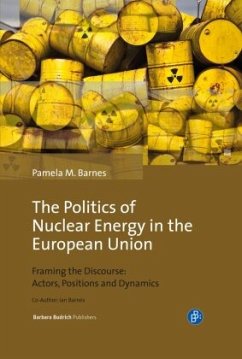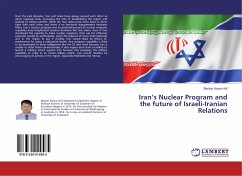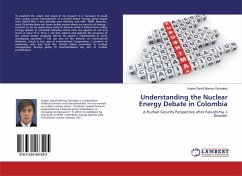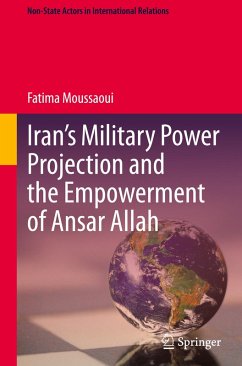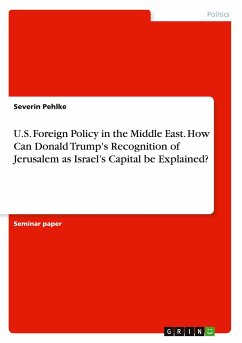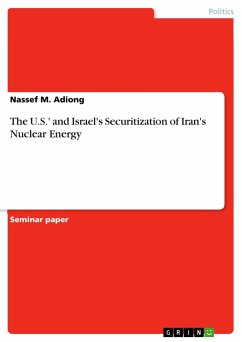
The U.S.' and Israel's Securitization of Iran's Nuclear Energy

PAYBACK Punkte
0 °P sammeln!
Seminar paper from the year 2009 in the subject Politics - International Politics - Topic: Peace and Conflict Studies, Security, grade: A+, Technological University of the Philippines (International Studies), course: for college papers, language: English, abstract: Caveat: The title above is quite absurd due to the fact that in the traditional sense of defining security, any country aspiring for weapons of mass destruction or WMDs, which obviously nuclear used for developing weapons, is part and parcel of that nexus and is apparently a security issue; in other words it doesn't need the securit...
Seminar paper from the year 2009 in the subject Politics - International Politics - Topic: Peace and Conflict Studies, Security, grade: A+, Technological University of the Philippines (International Studies), course: for college papers, language: English, abstract: Caveat: The title above is quite absurd due to the fact that in the traditional sense of defining security, any country aspiring for weapons of mass destruction or WMDs, which obviously nuclear used for developing weapons, is part and parcel of that nexus and is apparently a security issue; in other words it doesn't need the securitization process. It absolutely manifests the core concepts of traditional security which is akin to military, war, or what we should say high politics of hard power prior to the Cold War period.However, my conception of the above statement is merely a Western thought, though majority in the academia that specializes in international security accept that premise. One would ask if we can actually securitize a security issue. The answer is definitely no, because in the first place, it has been securitized and an extraordinary response was made to normalize the matter. The nuclear energy issue of Iran is a different case because it was foreseen as an unprecedented security matter by Israel and the United States in which Iran hasn't developed a culpable force of nuclear enrichment particularly uranium that would be used for military defence or political weapons as how the West reiterated this contention. The thin difference in securitizing Iran's nuclear energy ambition is looking at a causational link that made Iran decided to produce its own nuclear energy enrichment, which scholars have been debating on the intent and purpose of Iran. [...]




